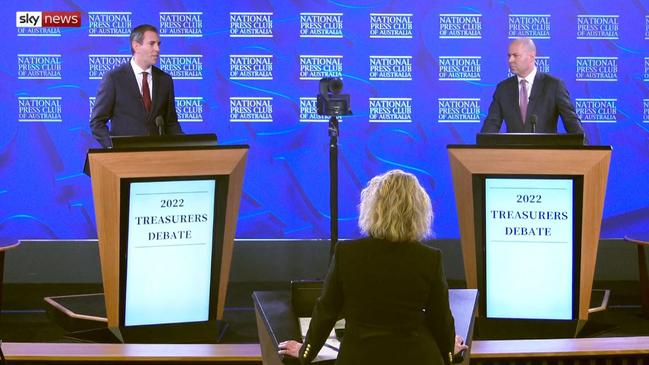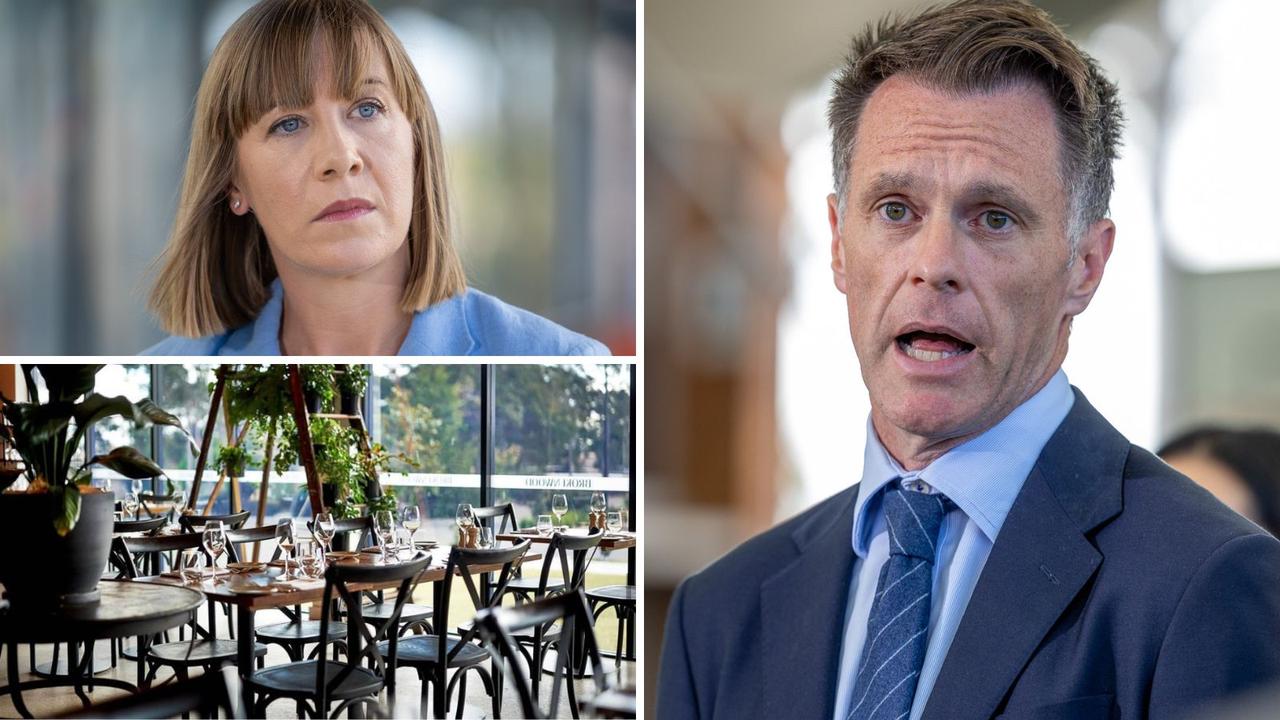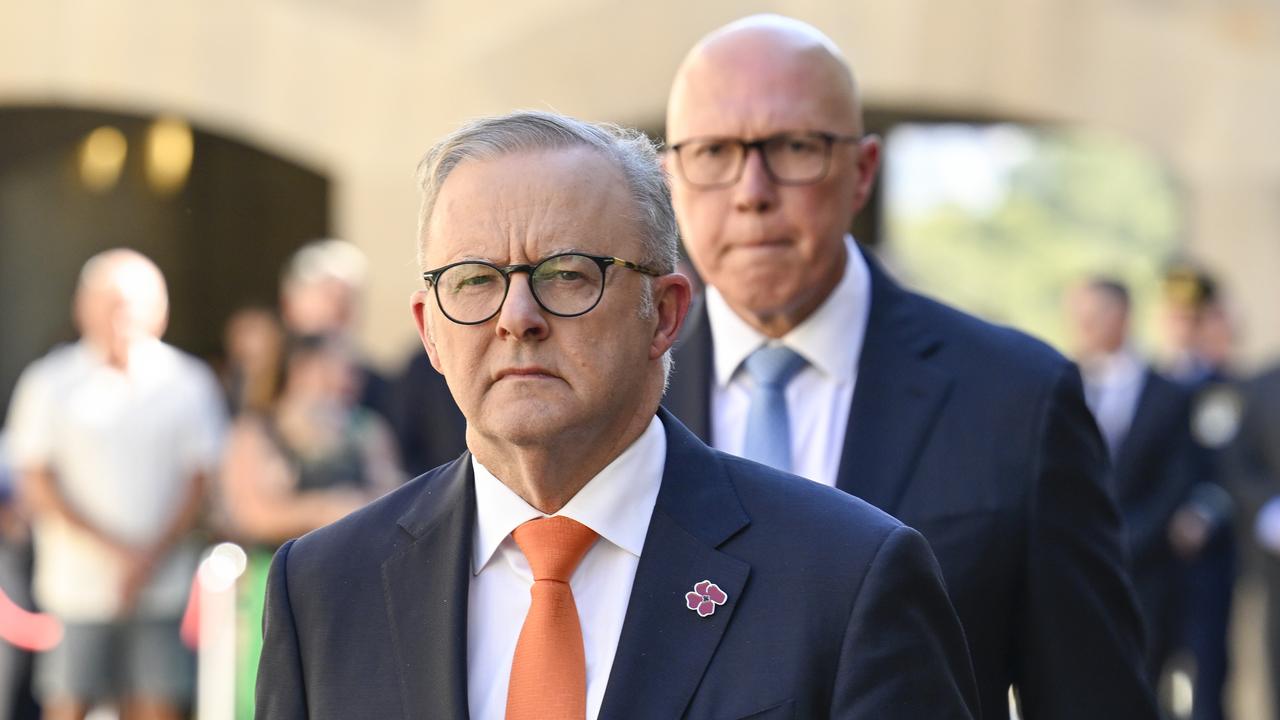Election 2022: Coalition and Labor both rule out NDIS levy
While neither side of politics will look to increase the Medicare levy to help pay the rising costs of the NDIS, both Labor and the Coalition plan to revisit the cost-sharing deal with the states.

Neither Labor nor the Coalition will increase the Medicare levy to cover the spiralling cost of the National Disability Insurance Scheme, but both sides have flagged post-election discussions with the scheme’s other funders, the states, about how to ensure its future.
In their debate on Wednesday, Treasurer Josh Frydenberg and Labor Treasury spokesman Jim Chalmers committed to supporting the NDIS into the future, while conceding its cost was substantial and growing.
The latest NDIS financial sustainability report projects the scheme’s annual cost will double from $30bn this year to $60bn by 2030, and could even be as high as $74bn.
Asked if a levy was a possible solution to the hefty increase, Mr Frydenberg pointed to his recent budget commitments, which continue to fund the federal share of the NDIS through general revenue, and Dr Chalmers expressly ruled it out.
“We’re not proposing to introduce a levy to pay for the NDIS,” Dr Chalmers said.
“We need to … be seeing investments in this part of the budget as job-creating, prosperity-creating, productivity-enhancing investments and so they deliver a double dividend. “The cost is substantial, not disputing that, but so are the benefits for individual people being cared for (and) for the economy more broadly.”
Mr Frydenberg said the NDIS already accounted for 1.2 per cent of the economy, and was expected to rise to 1.5 per cent of GDP in coming years.
“But … we need to continue to fund this scheme and we will continue to provide those services even as it becomes more expensive,” he said.
The NDIS provides support for people with a permanent and significant disability to help them to pursue their goals. Currently it has 520,000 participants, with an average annual plan payment of $54,400. It is set to cost $158bn over the next four years, according to the March federal budget.
When the scheme, legislated under the Gillard government, commenced in 2013, the commonwealth and states were each responsible for half the costs, but under a series of agreements between federal and state governments, the states’ contributions were capped. The Medicare Levy was also increased from 1.5 per cent to 2 per cent in 2014 to help cover the costs of the NDIS. More people with disability than anticipated have been deemed eligible for the scheme, leaving the commonwealth to pick up a larger proportion of the costs.



